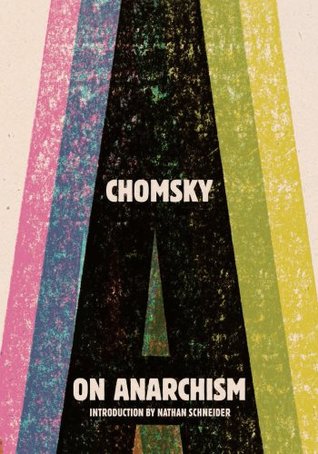More on this book
Community
Kindle Notes & Highlights
With the exception of a few shared mythologies about our founding slaveholders and our most murderous wars, we like to imagine that everything we do is being done for the very first time. Such amnesia can be useful, because it lends a sensation of pioneering vitality to our undertakings that the rest of the history-heavy world seems to envy. But it also condemns us to forever reinvent the wheel.
at every stage of history our concern must be to dismantle those forms of authority and oppression that survive from an era when they might have been justified in terms of the need for security or survival or economic development, but that now contribute to—rather than alleviate—material and cultural deficit.
Surely our understanding of the nature of man or of the range of viable social forms is so rudimentary that any far-reaching doctrine must be treated with great skepticism, just as skepticism is in order when we hear that “human nature” or “the demands of efficiency” or “the complexity of modern life” requires this or that form of oppression and autocratic rule.
freedom is the precondition for acquiring the maturity for freedom, not a gift to be granted when such maturity is achieved.
I don’t think you can lay it out in detail—nobody’s smart enough to design a society; you’ve got to experiment. But reasonable principles on which to build such a society are quite clear.
The only parts of the U.S. economy that are internationally competitive are the planned parts, the state-subsidized parts—like capital-intensive agriculture (which has a state-guaranteed market as a cushion in case there are excesses); or high-technology industry (which is dependent on the Pentagon system); or pharmaceuticals (which is massively subsidized by publicly funded research). Those are the parts of the U.S. economy that are functioning well.
MAN: It would be hard to find a working model of an ideal. Yes, but in the eighteenth century it would have been hard to find a working model of a political democracy—that didn’t prove it couldn’t exist. By the nineteenth century, it did exist. Unless you think that human history is over, it’s not an argument to say “it’s not around.” You go back two hundred years, it was hard to imagine slavery being abolished.
Anarchy as a social philosophy has never meant “chaos”—in fact, anarchists have typically believed in a highly organized society, just one that’s organized democratically from below.
the burden of proof for any exercise of authority is always on the person exercising it—invariably.
So I think that whenever you find situations of power, these questions should be asked—and the person who claims the legitimacy of the authority always bears the burden of justifying it. And if they can’t justify it, it’s illegitimate and should be dismantled.
So take something that’s been happening in recent years: devolution—that is, removing authority from the federal government down to the state governments. Well, in some circumstances, that would be a democratizing move which I would be in favor of—it would be a move away from central authority down to local authority. But that’s in abstract circumstances that don’t exist. Right now it’ll happen because moving decision-making power down to the state level in fact means handing it over to private power. See, huge corporations can influence and dominate the federal government, but even
...more
The amazon hq 2 tax breaks were a great example of states competing in a way that is clearly a loss from the federal perspective
“You can lie or distort the story of the French Revolution as long as you like and nothing will happen. Propose a false theory in chemistry and it will be refuted tomorrow.”
If you want to say something that questions the religion, you’re expected to give evidence, and that you can’t do between two commercials.
Rousseau argues that civil society is hardly more than a conspiracy by the rich to guarantee their plunder. Hypocritically, the rich call upon their neighbors to “institute regulations of justice and peace to which all are obliged to conform, which make an exception of no one, and which compensate in some way for the caprices of fortune by equally subjecting the powerful and the weak to mutual duties”—those laws which, as Anatole France was to say, in their majesty deny to the rich and the poor equally the right to sleep under the bridge at night. By such arguments, the poor and weak were
...more
If one accepts this assumption, freedom will never be achieved; for one can not arrive at the maturity for freedom without having already acquired it; one must be free to learn how to make use of one’s powers freely and usefully.
He does agree that state intervention in social life is legitimate if “freedom would destroy the very conditions without which not only freedom but even existence itself would be inconceivable”—precisely the circumstances that arise in an unconstrained capitalist economy.
The only justification for repressive institutions is material and cultural deficit. But such institutions, at certain stages of history, perpetuate and produce such a deficit, and even threaten human survival. Modern science and technology can relieve men of the necessity for specialized, imbecile labor. They may, in principle, provide the basis for a rational social order based on free association and democratic control, if we have the will to create it.


